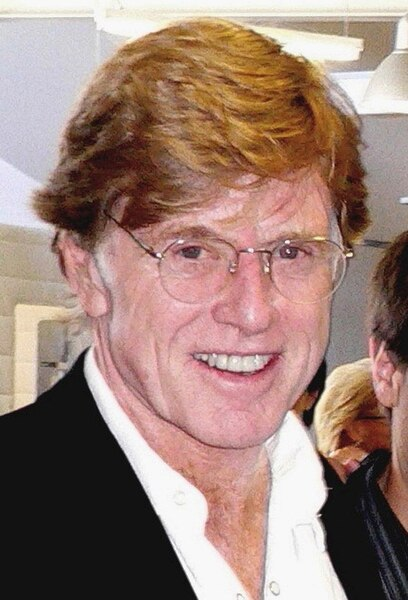
Robert Redford’s passing at the age of 89 has left behind a rare kind of silence in Hollywood the kind that follows the death of a person who not only defined the movies, but the way they’re made, watched, and experienced. His life was never just about the screen; it was about the process, the work, and the social issues he kept close to him. “For the work.” What was most important was the work, he once told Esquire UK. That was his motto that carried on throughout his career as a top star, Academy Award-winning film director, Sundance founder, and tireless activist.
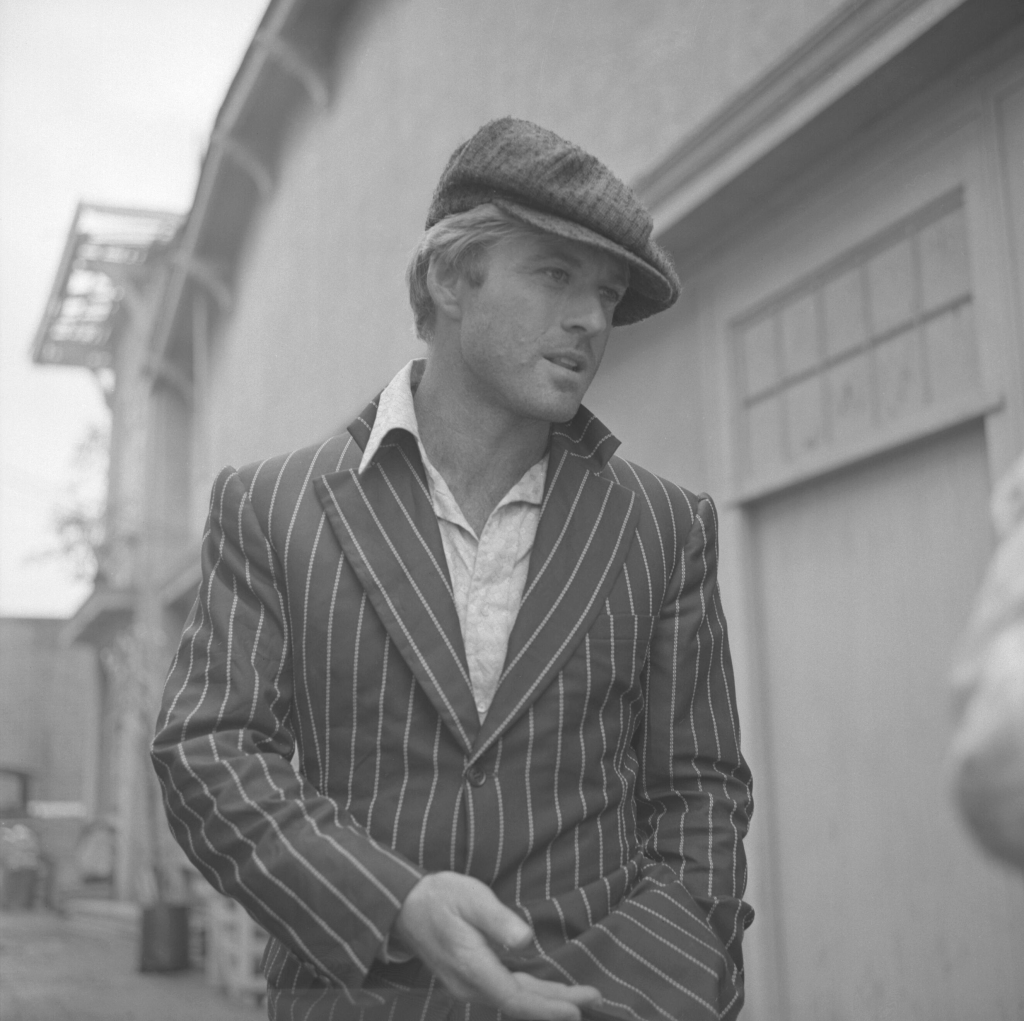
1. The Golden Boy Who Defied the Era
During the late ’60s and ’70s, when it was cool to be tough, unembellished machismo, Redford’s fetchingly gorgeous face rendered him an outsider. As one critic put it, he was “handsomeness on legs,” but he would not allow it to typecast him. Films like Jeremiah Johnson and The Candidate cast him against type on purpose, working against images. His acerbic charm in Butch Cassidy and the Sundance Kid and his tense chemistry with Paul Newman in The Sting made him a box-office titan, but also an actor with a gift for bringing charm as much as talent to his parts.
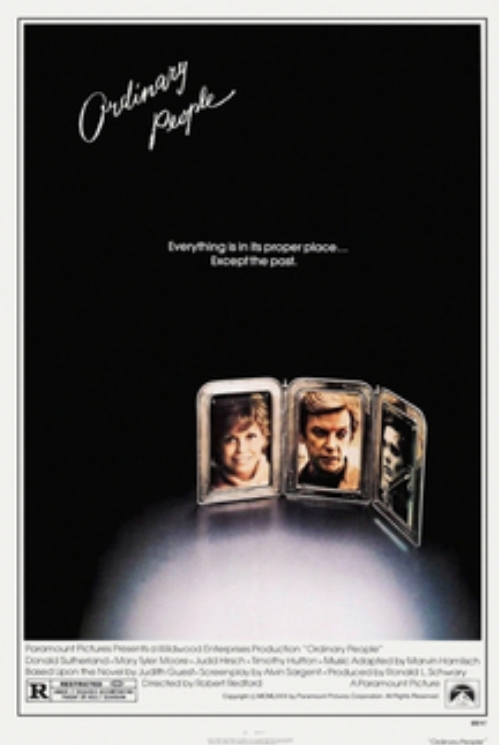
2. A Directorial Debut That Stunned Hollywood
When Redford went behind the camera on Ordinary People in 1980, nobody foresaw the low-key, tragic family drama to sweep the Oscars and win Best Picture from Raging Bull, awarding him Best Director. Critics rallied to his restraint and commitment to performance, something that would continue with him through to A River Runs Through It and Quiz Show. The latter, a re-telling of the 1950s quiz show scandal in meticulous detail, earned him another directing nomination and is one of his strongest efforts.

3. The Birth of Sundance and the Indie Film Revolution
Redford founded the Sundance Institute in 1981 on land he had purchased in Utah, envisioning it as “a development process for new voices in film free of the constricts of mainstream filmmaking.” It began life as a small filmmakers’ lab and evolved into the largest independent film festival in America, launching careers from Quentin Tarantino to Ryan Coogler.
The 1989 breakthrough of Sex, Lies, and Videotape marked the turning point, fascinating studios, stars, and foreign audiences. Redford was aware of the tension between independence and commercialization but never abandoned Sundance’s dedication to diversity and discovery.
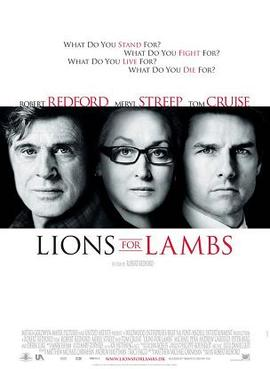
4. Fostering Political and Social Storytelling
Redford’s politics were never speech-bound. The Candidate satirized the superficiality of campaigning, and All the President’s Men was a cinematic monument to investigative journalism. As a director, he grappled with contemporary and historical politics in Lions for Lambs, The Conspirator, and The Company You Keep. “The truth is so awful,” he once said about politics, “but in its own horrible way, it’s entertaining.” His movies had a tendency to erase the line between art and activism, encouraging audiences to challenge power and story.
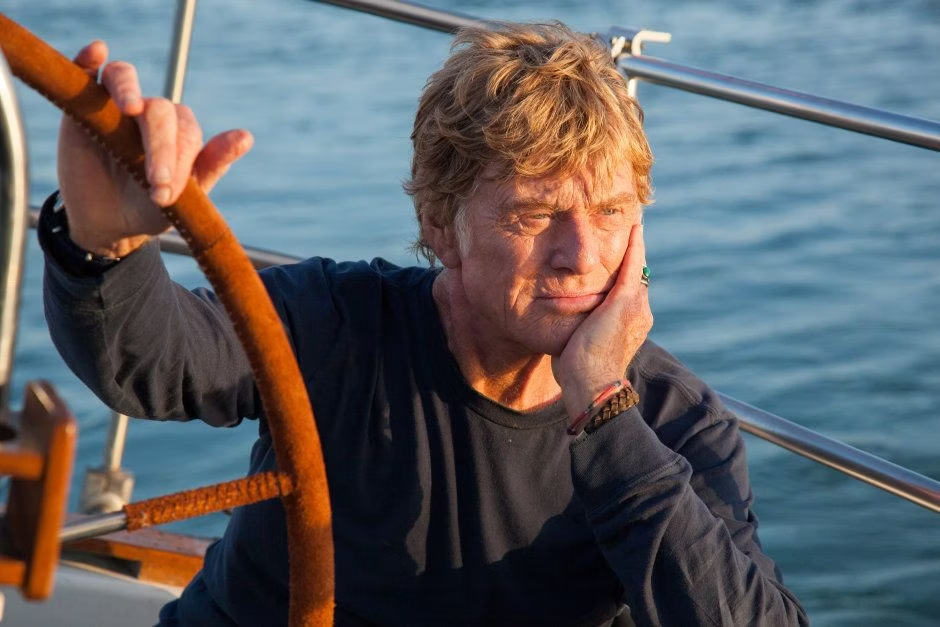
5. Environmental Advocacy as a Lifelong Mission
Long before climate change was a subject of common parlance, Redford was employing his resources and voice to advance environmental activism. He and his son James created the Redford Center to bring together “environmental justice, collective action, education, and impact filmmaking.” As a Natural Resources Defense Council trustee, he fought to institute protections like Alaska’s Arctic Wildlife Refuge. His activism was rewarded with the Audubon Medal in 1989 and the Presidential Medal of Freedom in 2016.

6. A Career of Contrasts and Risk
Redford’s filmography is an exercise in equipoise huge mainstream triumph like Out of Africa and The Natural balanced with riskier fare like All Is Lost, a wordless survival odyssey. He debased himself to villainy in Captain America: The Winter Soldier and nuance romance in Our Souls at Night. His acting was defined by what Sydney Pollack called “instinctive, impulsive” choices, holding back as much as he was opening up.
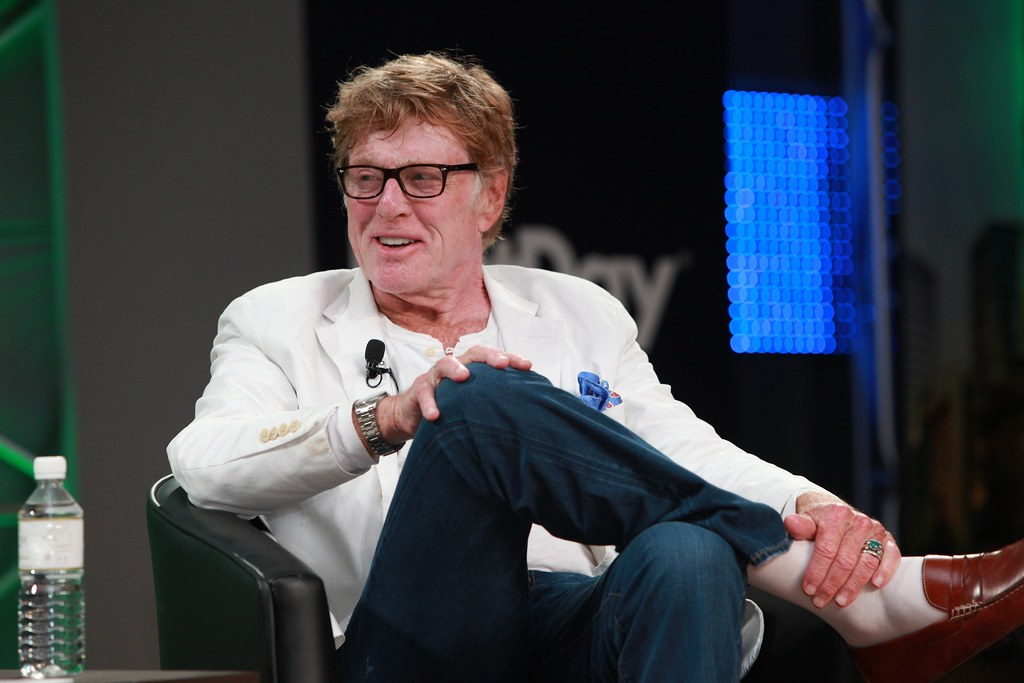
7. The Man Behind the Image
Despite his matinee-idol looks, Redford consistently depicted himself as an outsider. He grew up in modest conditions, he went against type, and he had a deep distrust of politics and institutions. His friends and colleagues spoke of his perfectionism, his reluctance to commit to material hastily, and his insistence on control over the stories that he told. But the same tendencies kept him resilient and ensured the integrity of his films.
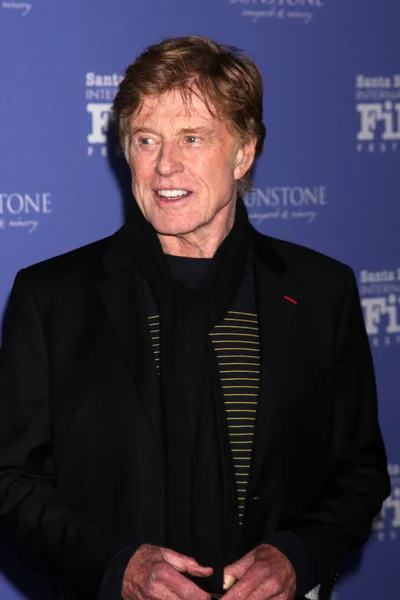
8. Generational Honors
Throughout his career, Redford won an Oscar for directing, an honorary Oscar, the Cecil B. DeMille Award, the SAG Life Achievement Award, the National Medal of Arts, Kennedy Center Honors, and the Presidential Medal of Freedom. Each recognized not only his skill, but also his influence on the cultural and political environment.
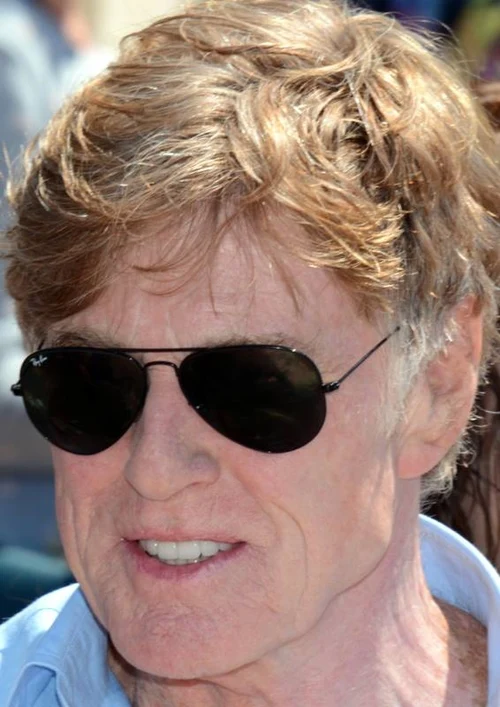
From Utah’s snow-covered mountains to Hollywood soundstages, the life of Robert Redford was a testament to the belief that action and art can and ought to coexist. His climb was never the destination, but the path itself, and the thousands he took along with him.


